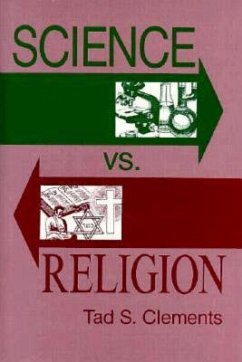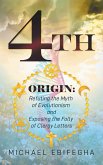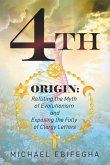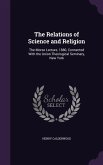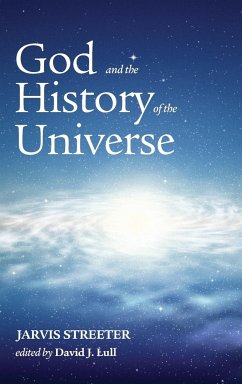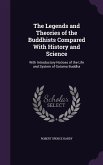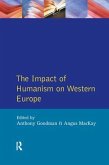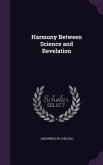How should the world be viewed - as a complex of elements and forces, both natural and social, to be investigated and explored through the keen eye of empirical analysis, or as a mysterious combination of revelation and divine intervention that can only be understood by exploring the intent of a creator God? Are scientific and religious ways of knowing compatible or forever at loggerheads? Can the claims of science and religion be held simultaneously, or are they mutually exclusive? How are we to know? How are we to judge? Clements adroitly strips away the comfortable notion that science and religion can forever be conveniently positioned in their own domains - the world of empirical analysis occupying the former, while spiritual concerns hold the attention of the latter. He effectively illustrates the ways in which those who make knowledge claims in the name of religion foist themselves upon science, while they deny reasonable people the right to challenge, evaluate, or assess the truth of these claims through the use of critical intelligence and accepted methods of verification. Clements offers compelling reasons to support the view that the aims of science - logical compatibility and clarity of explanation based upon observable data and experience - are preferable to religion's reliance on tradition, mystery, parable, and revelation. With wit and insight, Clements exposes the many absurdities inherent in biblical accounts of such concepts as heaven and hell, the fall of man, the soul, Christ's resurrection, the Trinity, and Noah's flood. Fervent fundamentalists are confronted with the unsettling fact that a literal reading of the Bible would result in complete nonsense. But Clements does more than just demonstrate the fuzzy thinking of religionists who compete for "scientific" credibility. He exposes religious dogmas that cause followers to wage pitched battles against scientific discoveries and research, while populations swell beyond the capacity of their food supplies and communicable diseases ravage entire nations. His is a clarion call for men and women of reason to challenge all forms of absolutism wherever they may rise up. Science versus Religion holds out the bright beacon of reason and critical intelligence in a world darkened by mysticism, spiritualism, and unquestioning devotion to preparing for an indemonstrable hereafter.
Hinweis: Dieser Artikel kann nur an eine deutsche Lieferadresse ausgeliefert werden.
Hinweis: Dieser Artikel kann nur an eine deutsche Lieferadresse ausgeliefert werden.

